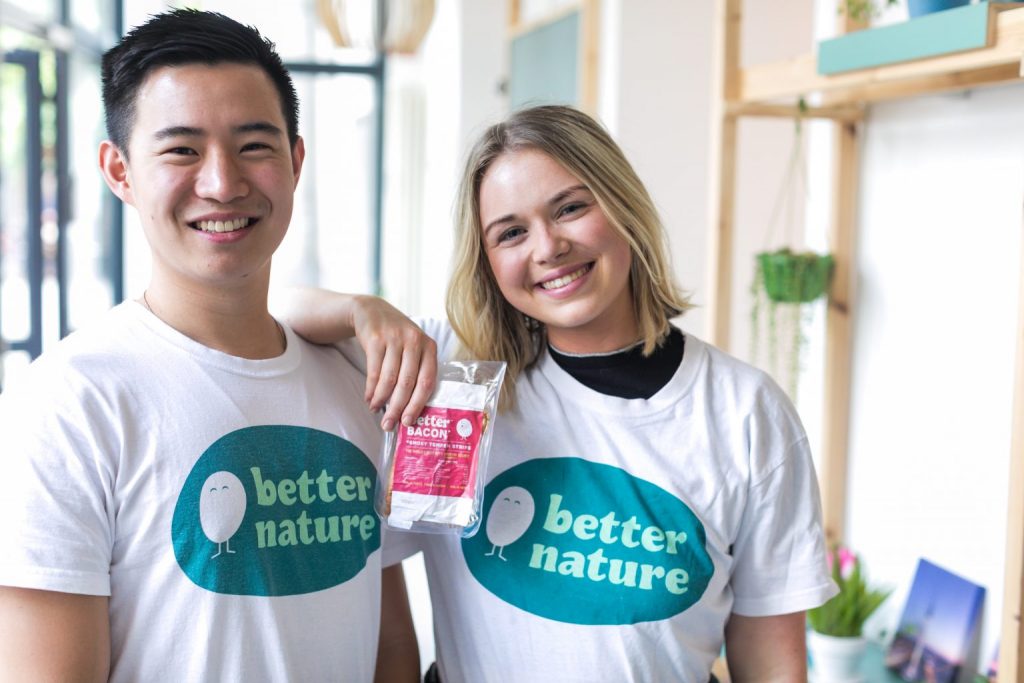The unboxing of a newly purchased product is an important customer experience. Consumers start forming opinions of your brand right then and there, even if they do not realise it. Your packaging shows the amount of care that you have put into manufacturing the item inside of it.
What kind of first impression do you want to make, given that consumers form their opinions instinctively and immediately. Shoddy packaging immediately suggests a shoddy product. Attention to detail, on the other hand, will associate your company’s brand and product line with quality and value.
Packaging design matters. Potential customers are drawn to beauty, and the packaging that encases a product is no exception. Customers expect immediacy and practicality from a purchase and will remember the branding on a package that is difficult to open, poorly designed, or just plain wasteful.
Until recently, consumers have not been that concerned about what happens with the packaging after they unbox a product. The shift in consumer attitude towards discarded packaging has been documented by McKinsey. Regardless of how environmentally conscious a person is, nobody appreciates having to fill their rubbish bin after every purchase.
Sustainable packaging: a balancing act
Finding a good alternative to plastics can be challenging – both the effectiveness and quality of the replacement matter.
Take the switch from plastic straws to paper ones, for example. Consumers applauded the move for its impact in reducing waste, but quickly moved to eye-rolling as the new straws slowly started melting into their drinks. Functional paper straws do exist, but sometimes the technology to replace fossil-fuel-based polymers with a less environmentally damaging product is just not there.
However, overcoming those challenges promises rewards for startups that manage to get sustainable packaging right. While some competitors may struggle to rid their products of 20th-century wrappings, nimbler startups can use the opportunity to improve their offerings in a way that resonates with their brand and their audience.
At the ProVeg Incubator, we champion an all-around approach to sustainability. This not only helps us to further our mission, but it also helps to avoid creating dissonance for startups once their products hit the shelves. Even the best plant-based food brands will see their credibility dented if their products come smothered in layers of unrecyclable wrapping.
Which startups are getting sustainable packaging right?
The East German city of Leipzig may seem an unlikely birthplace for green innovation. Yet this would be a good starting point for those seeking evidence that a thoughtful approach to packaging can propel the growth of a startup.The Nu Company made its environmentally friendly approach to packaging part and parcel of its brand image.
“For us, it was clear from the start that we wanted a plastic-free solution for our packaging”, said Co-Founder Thomas Stoffels. “The materials for that haven’t been on the market for long – but they do exist”. By working together with specialists, the team has developed a wrapping for their chocolate bars that is plastic-free and 100% compostable.
In the UK we find Better Nature, the company that’s making meat alternatives from tempeh. Due to the nature of tempeh – a fermented legume – packaging is a food safety issue. Avoiding plastic altogether may lead to higher chances of the products spoiling.
Despite facing this challenge, Better Nature remains committed to sustainable packaging and became plastic neutral in 2020.
By partnering with a social enterprise based in Indonesia, Better Nature now removes the same amount of plastic from the environment as is used for the packaging of their products. Even in cases where avoiding plastic entirely is not feasible, plastic neutrality is achievable.


